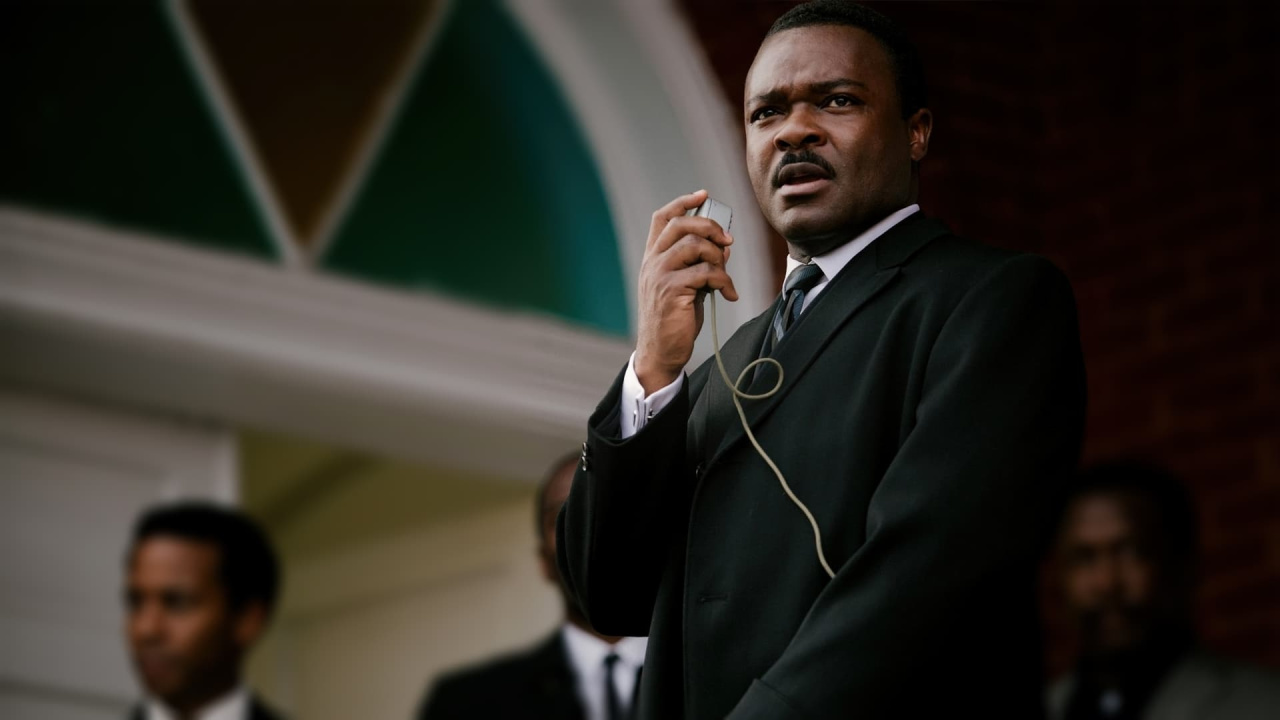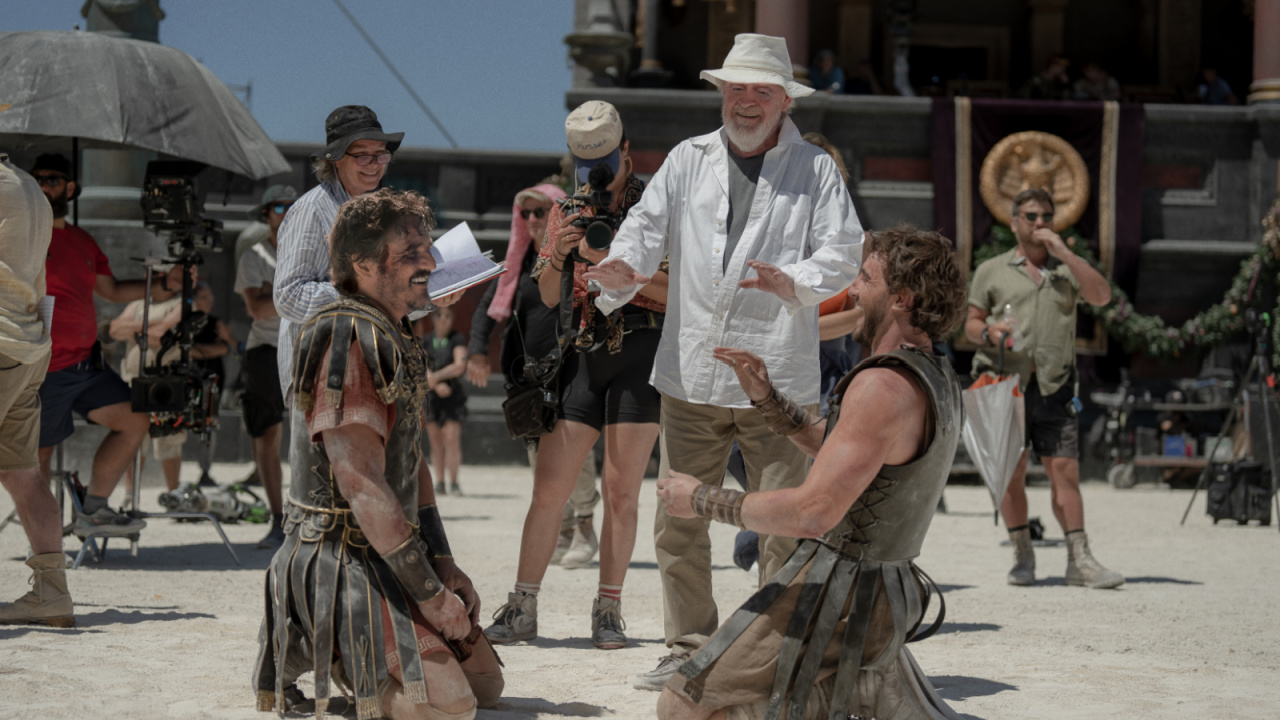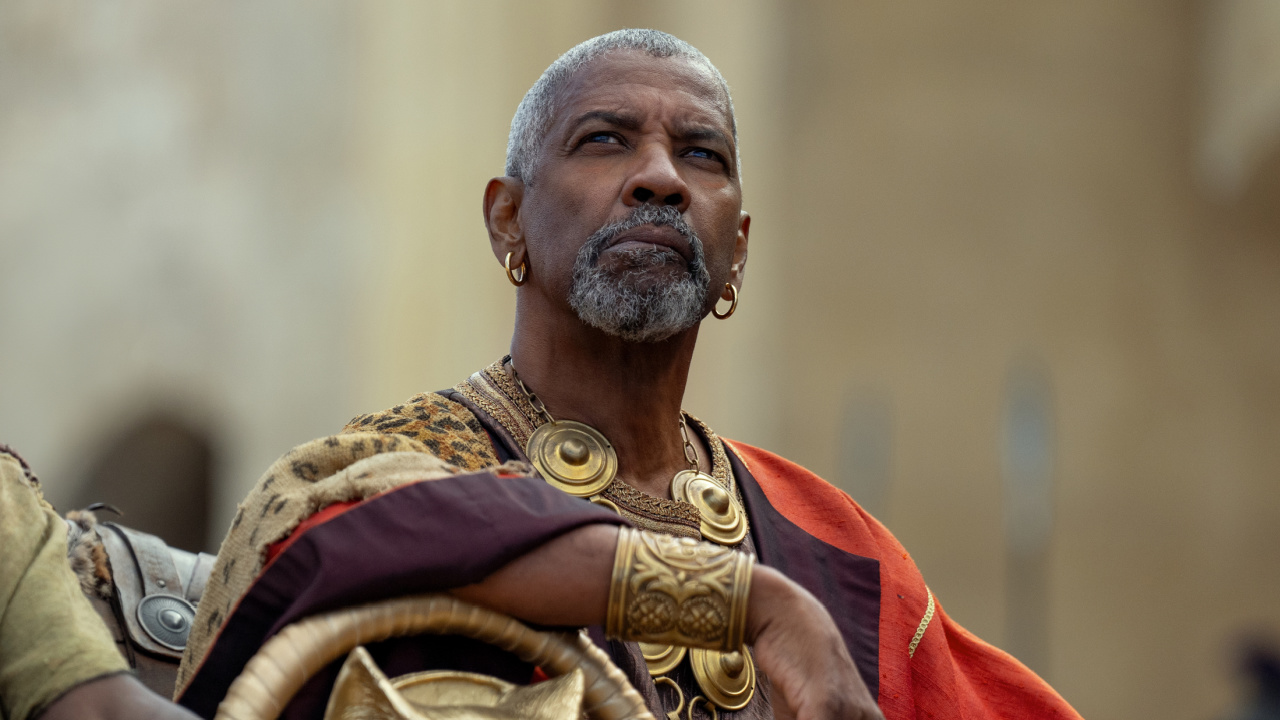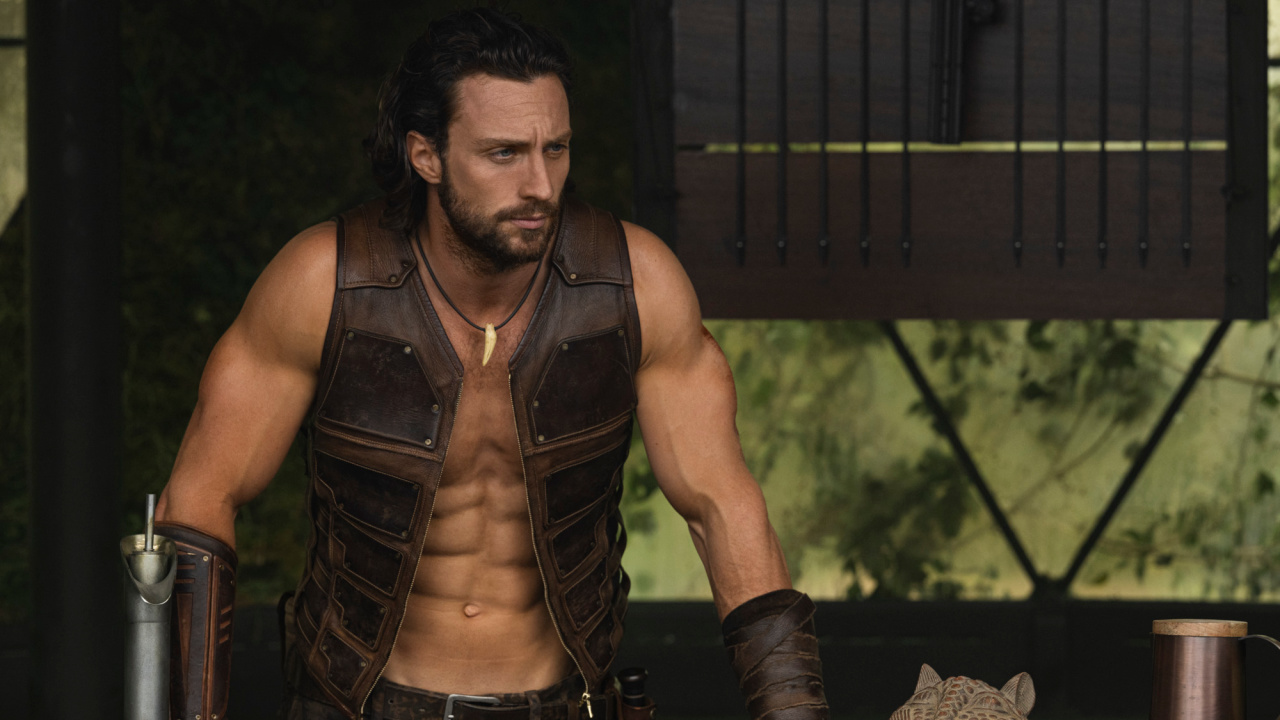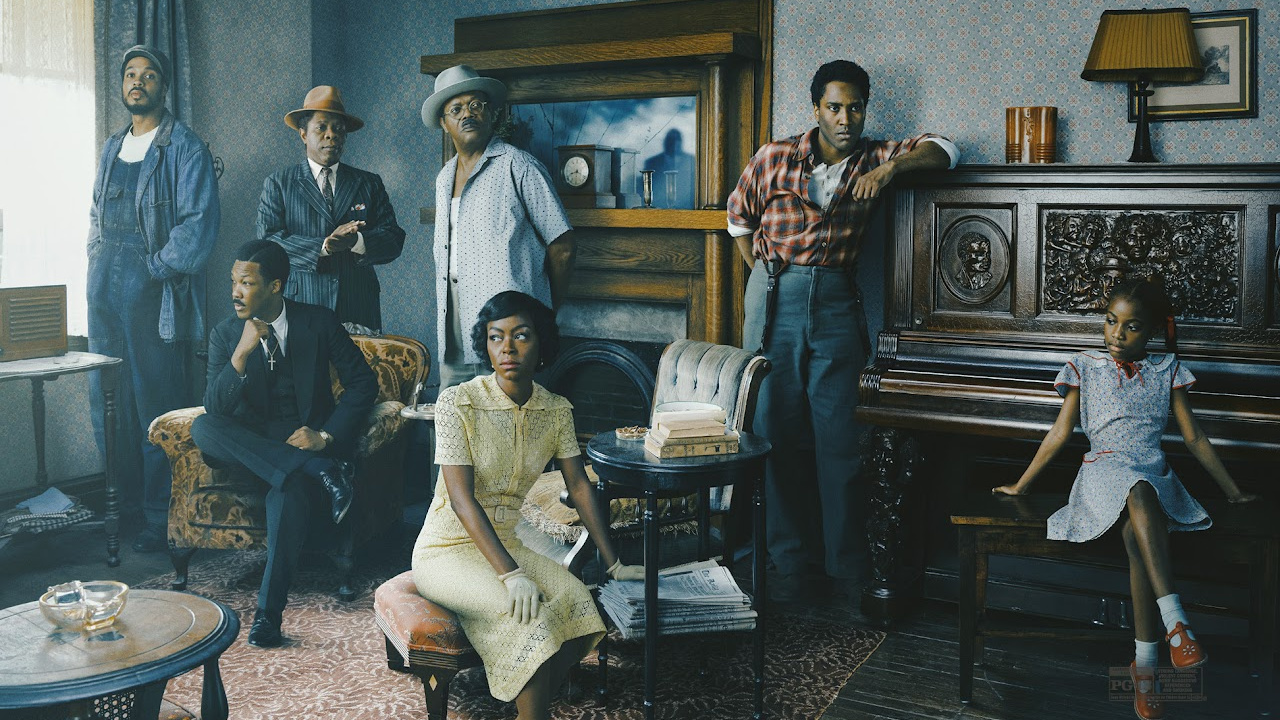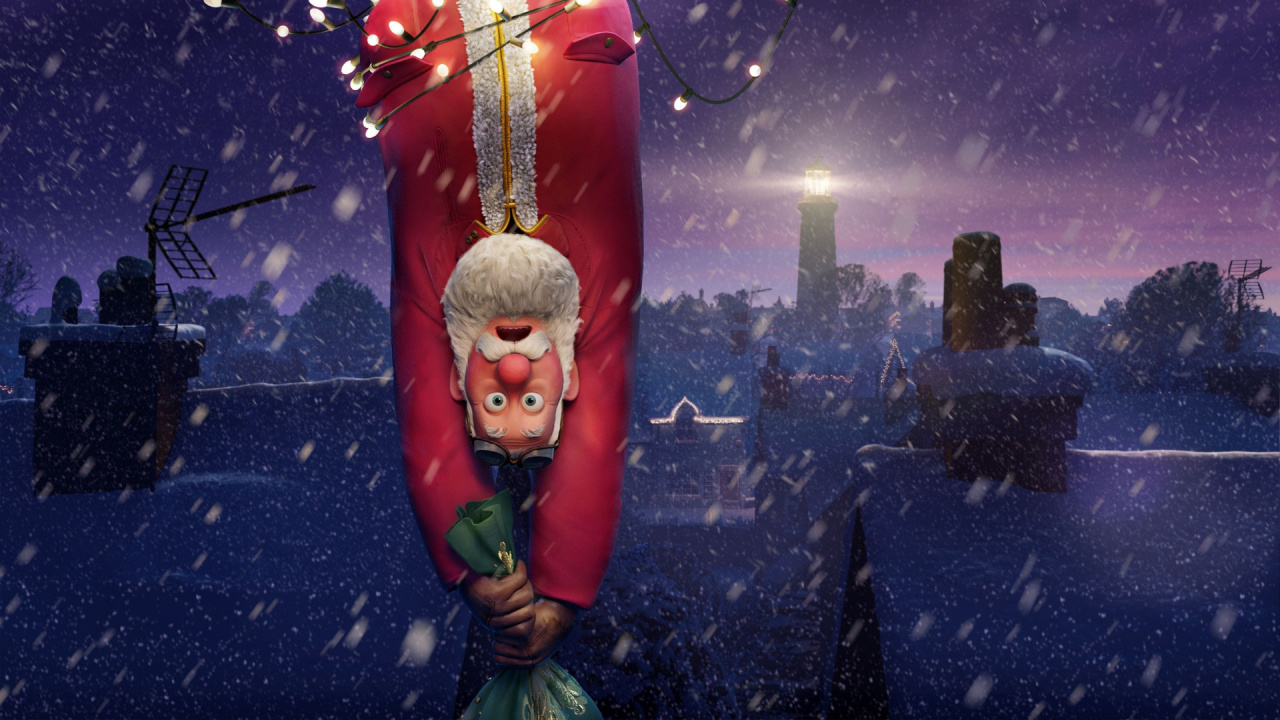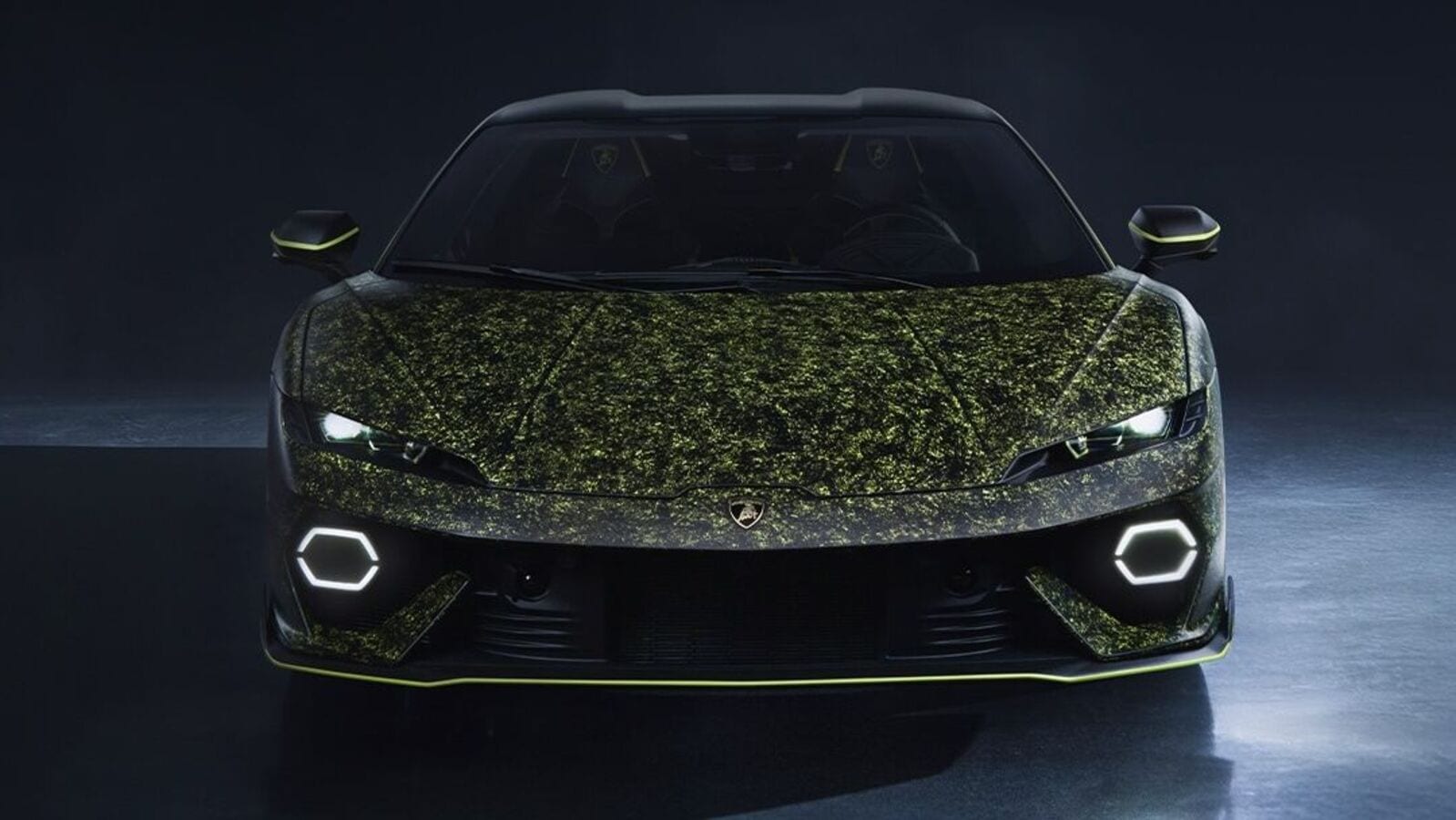Alien: Earth Showrunner Says There's Still Something 'Really Scary' About Ridley Scott's Original Alien Ending Idea Where the Xenomorph Kills Ripley and Mimics Her Voice
Alien aficionados will know that creator Ridley Scott’s original idea for the ending of the sci-fi horror masterpiece saw the xenomorph kill Sigourney Weaver’s Ripley then mimic her voice before heading towards Earth. Scott scrapped the idea, which would have made for a very different ending and potentially a very different franchise. But according to Noah Hawley, showrunner of FX TV series Alien: Earth, there’s still something very scary to it.


Alien aficionados will know that creator Ridley Scott’s original idea for the ending of the sci-fi horror masterpiece saw the xenomorph kill Sigourney Weaver’s Ripley then mimic her voice before heading towards Earth. Scott scrapped the idea, which would have made for a very different ending and potentially a very different franchise. But according to Noah Hawley, showrunner of FX TV series Alien: Earth, there’s still something very scary to it.
Hawley created a number of new alien species for Alien: Earth, one of which takes over the mind of its victim via the eyes.
"Anything that has to do with our face and our eyes and the loss of control, I think, is a really interesting thing to do to an audience,” Hawley told Yahoo UK, before recounting Scott’s original Alien ending.
"There was a moment Ridley told me that what he wanted to do was that he wanted to have the xenomorph kill Ripley and then get on the radio and mimic her voice and then head off to Earth. He didn't do that, but he had that thought, and so I think there is something to that idea. That sort of invasion of the body snatchers idea is still really scary."
Instead, Alien ends with Ripley killing the xenomorph. She puts the escape shuttle on course for Earth, goes into stasis, and records a final log as the last survivor of the Nostromo. Scott's original ending idea would have seen the xenomorph record this final log instead before heading to Earth, as bizarre as that now sounds.
Alien would of course go on to be followed by the hugely successful Aliens, which is more of an action movie compared to its predecessor’s horror roots. Scott left his original idea discarded — we’ve never seen a xenomorph display the ability to mimic a human’s voice (or say anything, really), which is probably for the best. Alien: Earth also marks the first time we see a xenomorph actually on Earth, too.
Scott’s original idea — as Hawley puts it, the invasion of the body snatchers idea — is common in sci-fi. One of the best examples is John Carpenter’s The Thing, which came out three years after Alien, in 1982.
Alien: Earth, meanwhile, revolves around the mysterious deep space research vessel USCSS Maginot, which crash-lands on earth. Wendy (Sydney Chandler) and a group of tactical soldiers make a “fateful discovery” that puts them face-to-face with the xenomorph fans know well, but also a number of never-before-seen alien species. Some of these look disgusting, which is of course in-keeping with the Alien franchise’s sci-fi horror roots.
Alien: Earth is set just a few years before the events of Alien, which famously debuted the xenomorph. At this point in the Alien timeline, Earth is governed by five corporations: Weyland-Yutani, Prodigy, which owns the city the Maginot crashes into, Lynch, Dynamic, and Threshold. Cyborgs and synthetics coexist with humans, but then the boss of Prodigy invents hybrids (humanoid robots with human consciousness). Wendy is the first hybrid prototype, and is part of the established push for immortality that is a running theme in the Alien franchise.
In January last year, Hawley explained why he is not using the backstory provided in Prometheus for Alien: Earth, saying he likes the "retro-futurism" of the original films. Hawley said he spoke to Scott about "many, many elements" of the Alien series, including its ties to the prequels, but ultimately decided to cut loose and move away from the bioweapon backstory because he preferred the lore of the original films.
Check out IGN's Alien: Earth review to find out what we think of the show.
Photo by Sunset Boulevard/Corbis via Getty Images.
Wesley is Director, News at IGN. Find him on Twitter at @wyp100. You can reach Wesley at wesley_yinpoole@ign.com or confidentially at wyp100@proton.me.




